
Many families consider their dogs as cherished members of the family, and ensuring their well-being is a top priority. A common question that may come to mind is whether dogs can safely enjoy apples. Apples are known for their vitamin, mineral, and fiber content, as well as being low in fat and protein, making them a popular snack choice for humans. But what about our canine companions? Is it okay for them to munch on apples? The good news is that yes, dogs can indeed eat apples. Apples can offer some health benefits to dogs when given in moderation. They are a good source of vitamins A and C, fiber, and antioxidants which can contribute to a dog’s overall well-being. It’s important, however, to be cautious when giving apples to dogs. Make sure to remove the core and seeds before offering them to your furry friend. Some dogs may have trouble digesting apples, so it’s advisable to introduce them slowly and in small portions. In general, apples can be a safe and nutritious treat for dogs as long as they are given responsibly. Nevertheless, it’s always wise to seek advice from a veterinarian before making any major changes to your dog’s diet. By taking the necessary precautions and providing apples in moderation, you can give your canine companion a delicious snack that also helps support their health. So, the next time you’re enjoying a crisp apple, feel free to share a slice with your four-legged friend!
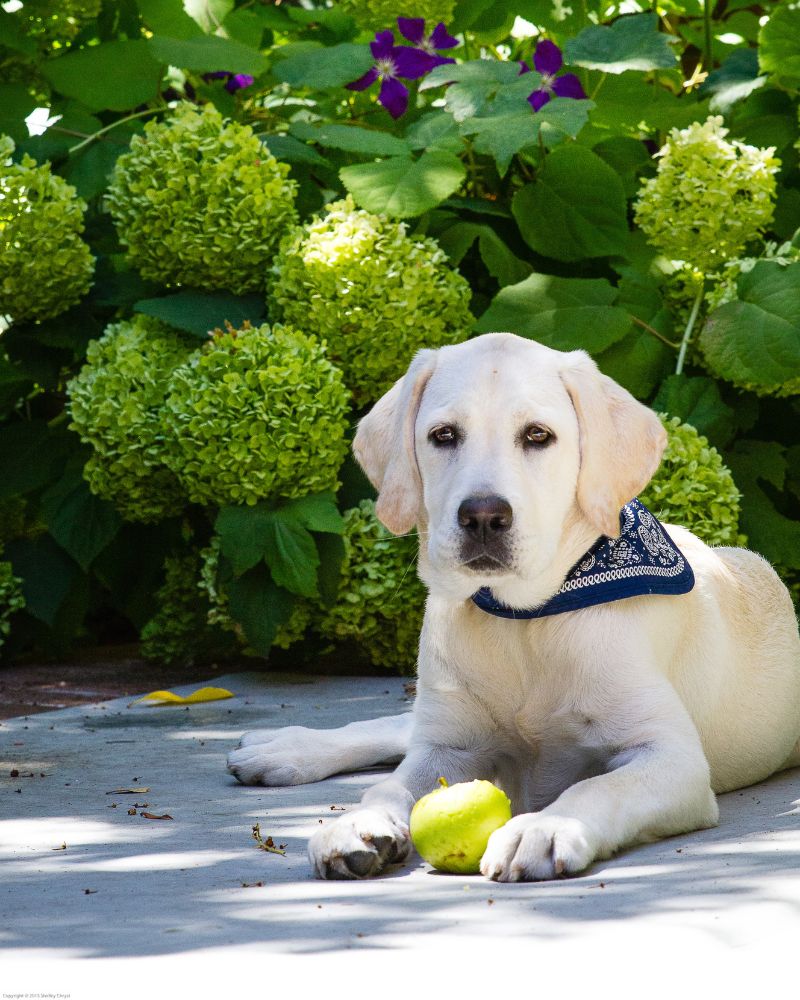
Apples are not only a tasty and nutritious snack for humans, but they can also be enjoyed by our canine companions. While dogs can indeed eat apples, it is important for dog owners to take a few precautions before feeding this fruit to their furry friends. When it comes to apples, it is safe for dogs to eat the fruit itself, but the core should always be removed. The seeds within the core can present a choking hazard and contain small amounts of cyanide, which can be harmful in large quantities. To ensure the safety of your dog, always remember to discard the core before offering them an apple. As for the skin and peel of the apple, dogs can consume these parts as well. However, it is crucial to wash the apple thoroughly to remove any pesticides or harmful chemicals that may be present on the skin. Additionally, some dogs may have difficulty digesting apple skin and peel, so it is wise to observe your dog’s reactions when introducing this treat into their diet. Overall, apples can be a beneficial addition to a dog’s diet, as they are packed with essential vitamins, minerals, fatty acids, and fiber. By following these simple precautions, you can safely share the joy of apples with your canine companion.
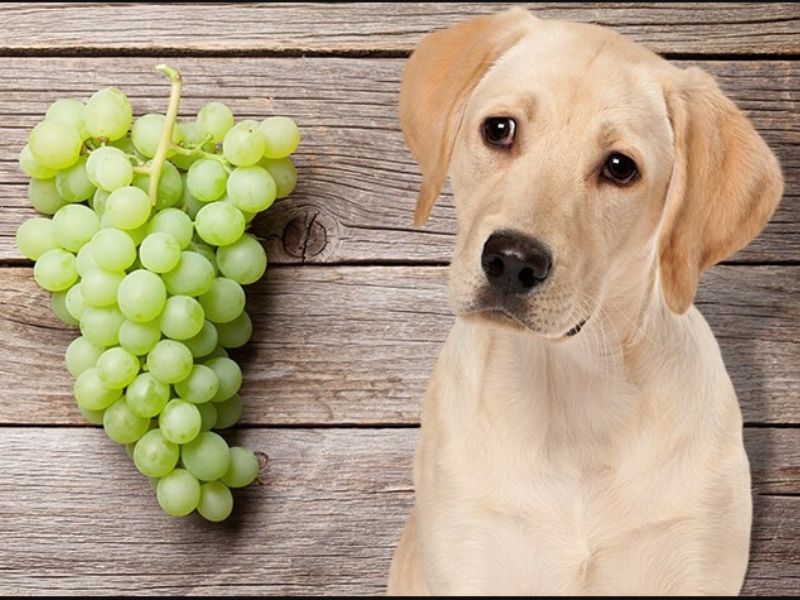
Is it safe for dogs to eat grapes? No, grapes and raisins are actually toxic to dogs and can lead to kidney failure even in small amounts. The reason behind this toxicity is not well understood, but it is believed to be linked to a harmful substance found in the grape skin. Symptoms of grape toxicity in dogs may include vomiting, diarrhea, lethargy, and dehydration. Since raisins are essentially dried grapes, they are also toxic to dogs and can have even more concentrated harmful effects. It’s crucial to keep all grapes and raisins out of reach of dogs to prevent any accidental ingestion. If your dog happens to eat grapes or raisins, it’s essential to seek immediate veterinary attention. The vet may induce vomiting, use activated charcoal, or even recommend hospitalization to monitor kidney function and provide necessary care. In short, grapes and raisins should never be given to dogs as they are harmful to their health. It’s best to keep these fruits away from your furry friends to ensure their well-being. If you’re wondering about citrus fruits, it’s best to consult with a veterinarian before offering them to your dog.

Image sourced from petmoo.com Citrus fruits are well-known for their high vitamin C content and are a popular healthy snack for humans. But can dogs enjoy oranges, lemons, peaches, or plums too? Are Oranges Safe for Dogs? Oranges are generally safe for dogs in small quantities. They offer a good dose of vitamin C and fiber. However, due to their high sugar content, overconsumption can lead to digestive issues and potential weight gain. It’s recommended to remove the peel and seeds before feeding your dog an orange. Can Dogs Have Lemons? While lemons are not toxic to dogs, they are not the best option. The high acidity in lemons may cause stomach upset and diarrhea in dogs. Additionally, the oils in the lemon peel can be harsh on their digestive system. Are Peaches and Plums Safe for Dogs? Peaches and plums can be given to dogs in moderation as they provide vitamins A and C, along with fiber. However, it’s crucial to eliminate the pits as they pose a choking hazard and can cause intestinal blockages. Cut the fruit into small pieces before offering it to your furry friend. In general, opt for fruits low in sugar and easy to digest when feeding your dog. Introduce new foods slowly and in small portions to prevent any negative reactions. If you have any doubts about your dog’s diet, seek advice from a vet. Besides the mentioned fruits, there are other safe options for dogs to munch on.

Dogs can enjoy a variety of fruits in moderation as they can provide essential nutrients like vitamins, minerals, and fiber. Here are some fruits that are safe for dogs to eat: – Bananas: Dogs can eat bananas as they are rich in potassium, fiber, and vitamins B6 and C. Due to their high sugar content, bananas should be given as an occasional treat rather than a staple in a dog’s diet. – Blueberries: These berries are low in calories and high in antioxidants, fiber, and vitamins C and K, making them a healthy snack option for dogs. However, moderation is key to prevent digestive issues. – Cranberries: Dogs can also enjoy cranberries, which are packed with vitamins C, E, and K and can help prevent urinary tract infections. Like other fruits, cranberries should be given in moderation due to their sugar content. – Pears: Pears are a good source of fiber, vitamins C and K, and copper, making them a nutritious snack for dogs. However, their high sugar content means they should be given in moderation. – Tomatoes: Ripe tomatoes are safe for dogs to eat, but be sure to avoid the leaves and stems as they contain toxins. Tomatoes are rich in vitamins A and C, potassium, and fiber, but their high acidity means they should be given sparingly. In summary, fruits can be a beneficial addition to a dog’s diet when given in moderation. Always remember to offer fruits as a treat rather than a regular meal, and consult with your veterinarian if you have any concerns about a specific fruit’s safety for your furry friend.
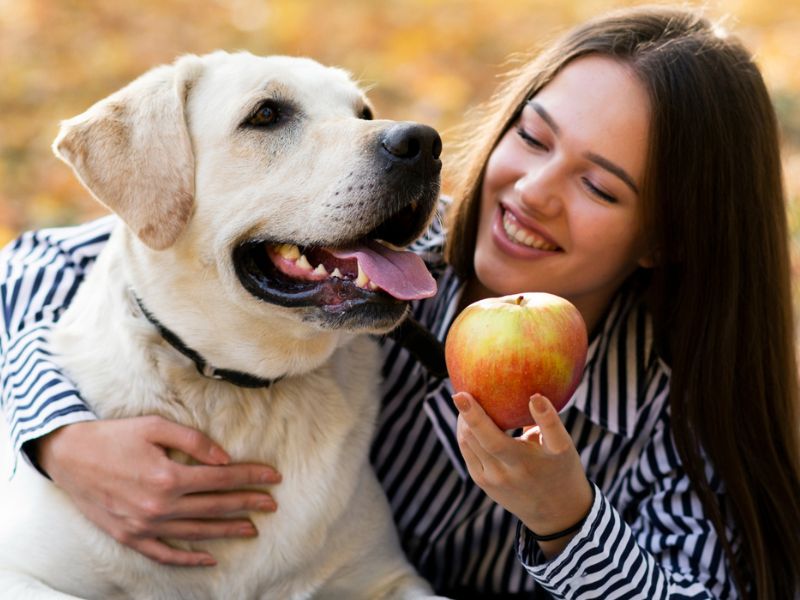
Dogs absolutely adore treats, and fruit can be a delightful and healthy option for them to enjoy. However, not all fruits are safe for our furry friends to consume. In this article, we will delve into the benefits of feeding fruit to dogs, important points to consider when giving them fruit, and the types of fruits that are safe for dogs to eat. When is it Beneficial to Give Dogs Fruit? Fruits can provide dogs with essential vitamins, minerals, and fiber. Some fruits, such as apples, are low in protein and fat, making them a suitable snack for senior dogs or those on a diet. Moreover, certain fruits like blueberries are packed with antioxidants that can enhance a dog’s immune system. Things to Keep in Mind When Feeding Your Dog Fruit: Although fruit can be a nutritious treat for dogs, there are precautions to take when offering it to your canine companion. Always ensure to remove any seeds or pits from the fruit, as they can pose a choking hazard or be harmful to dogs. Additionally, be cautious of the sugar content in fruit, as excessive sugar intake can lead to weight gain or health complications. Lastly, introduce new fruits to your dog’s diet gradually and in small portions to prevent digestive issues. Overview – Which Fruits are Safe for Dogs to Consume? There are several fruits that are considered safe for dogs to eat, including: – Apples (seedless) – Bananas – Blueberries – Cantaloupe – Mango – Oranges (peeled and seedless) – Pineapple – Strawberries – Watermelon (seedless) Always remember to offer fruit to your dog in moderation and as part of a well-rounded diet. If you have any doubts or inquiries regarding feeding fruit to your dog, it is advisable to seek advice from your veterinarian. Share Your Dog’s Experience: Have you ever given fruit to your dog? How did they react to it? Let us know about your dog’s experience with fruit as a treat!
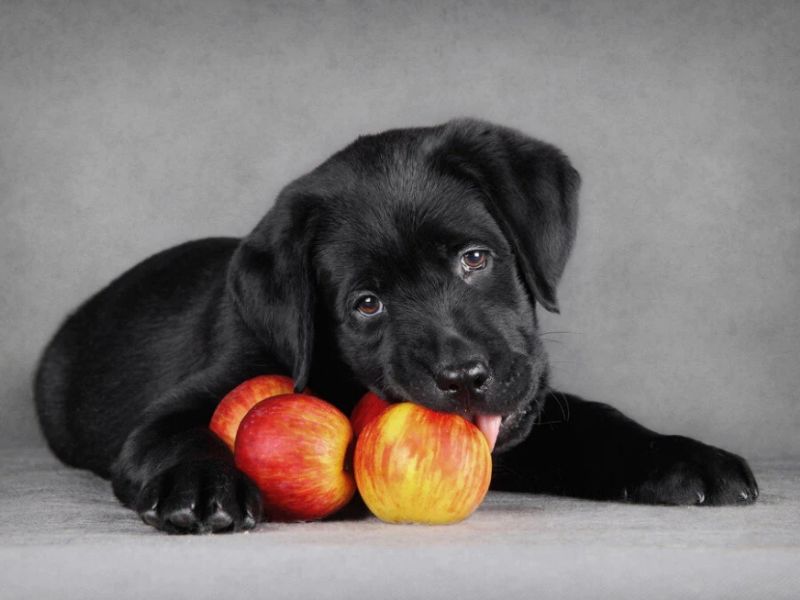
Many dog owners enjoy sharing their favorite snacks with their beloved pets, including apples. While some dogs may eagerly gobble up this fruit, others may turn their noses away. It’s vital to understand that dogs have different nutritional requirements from humans, and not all human foods are safe for them to consume. While some dogs may have no issues with digesting apples, others may experience stomach upset or diarrhea. It’s wise to introduce new foods slowly and in small portions to prevent any negative reactions in your furry friend. One pet parent mentioned that her dog adores apples and has no trouble digesting them. She often slices up small pieces to include in her pup’s meals as a wholesome treat. On the other hand, another pet owner shared that her dog had no interest in apples and preferred fruits like bananas and strawberries. It’s crucial to acknowledge that each dog is unique and may have specific tastes and dietary requirements. While apples can make a nutritious and delicious snack for some dogs, it’s essential to observe your pet’s response and seek advice from a vet if you’re unsure about their diet.
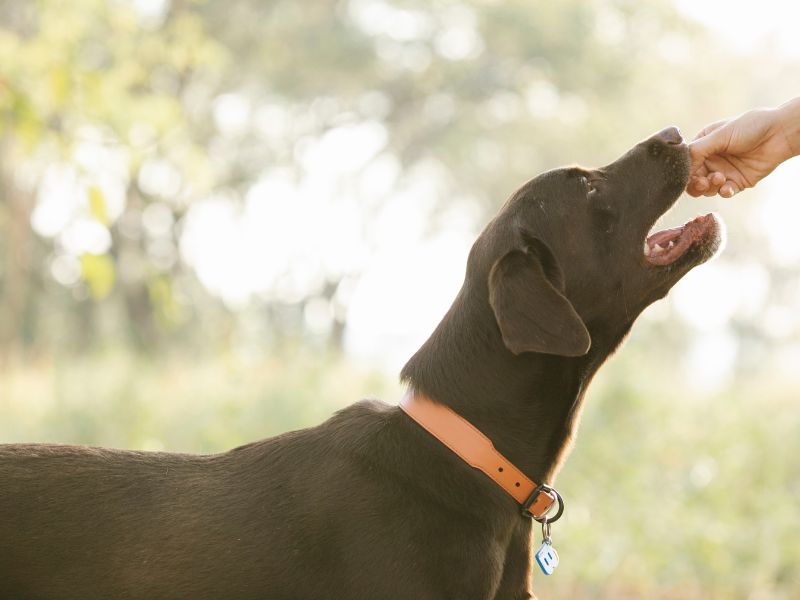
If you found the information about dogs eating apples interesting, there are plenty of other fruits and veggies to explore for your furry friend. Bananas are a good source of potassium and fiber, while blueberries are full of antioxidants. Carrots are also a tasty, low-calorie option that can help keep your dog’s teeth clean. Just remember to do your homework before introducing new foods to your dog, as some fruits and veggies can be harmful. It’s important to know which ones are safe and which ones to steer clear of. For more information on keeping your dog’s diet healthy, there are numerous resources online to check out. The American Kennel Club has a helpful article on what fruits and vegetables are safe for dogs, as well as which ones to avoid. The Veterinary Information Network also provides a list of toxic foods, such as chocolate, grapes, and onions, that are harmful to dogs. And, of course, it’s always wise to consult with your vet before making any significant changes to your dog’s diet.


